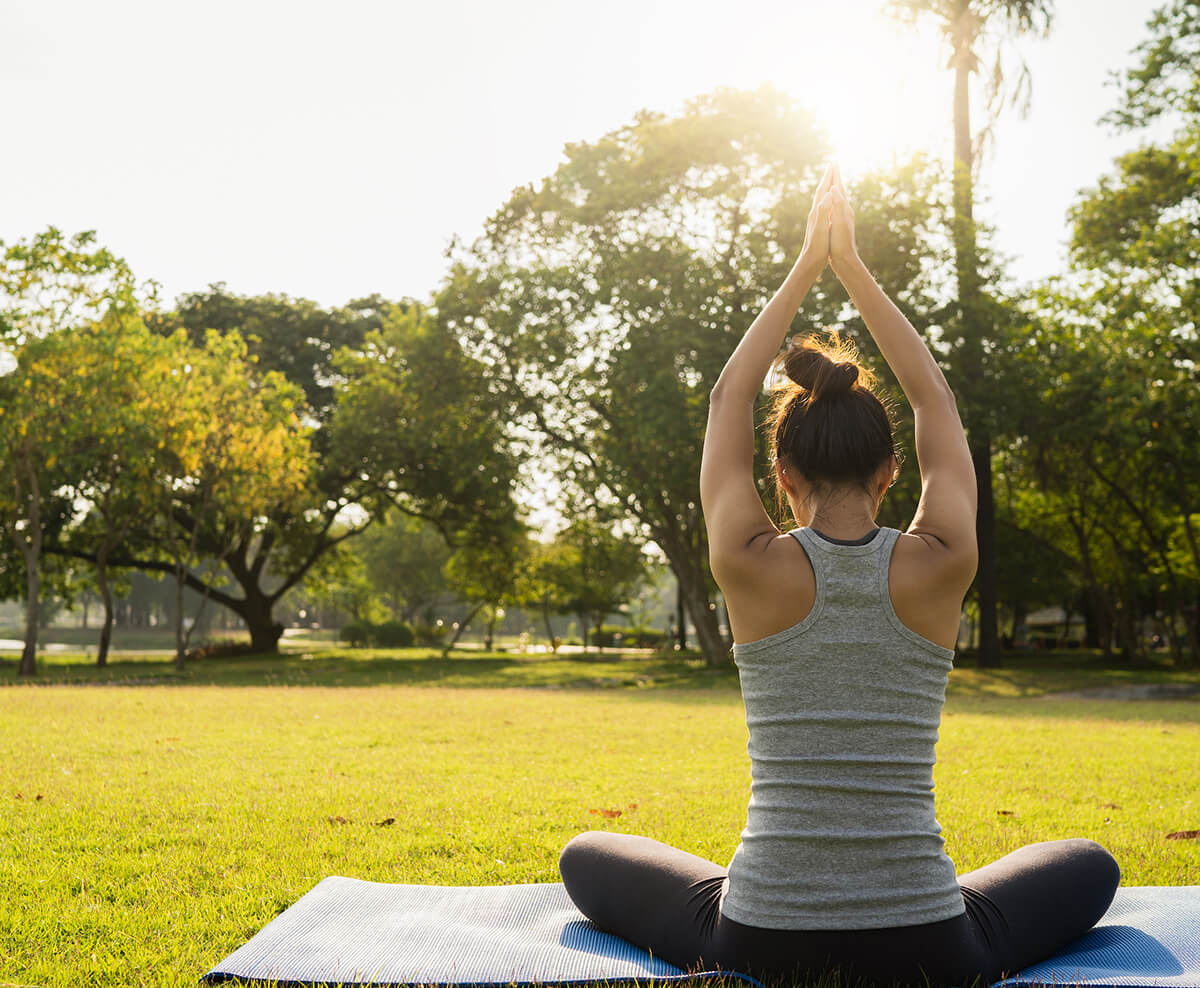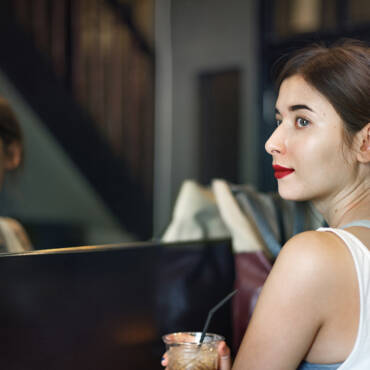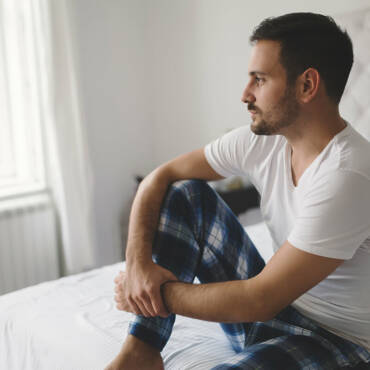Strategies to Combat Anxiety Without Medication
You may find anxiety interfering different aspects of your life. The fact is that you may feel like anxiety is constantly lurking around the corner in your daily life, rearing its head at the most unexpected of moments. Indeed, anxiety may have reached the point at which it is beginning to have a more significant impact on your daily life, including the quality of your life.
A good many people do take medications to aid in combating anxiety. Medications for anxiety can be the proper course of treatment in some cases. With that noted, medication is not necessarily designed as the first course of treatment when a person is in need of relief from anxiety. In fact, there exist a number of approaches to addressing anxiety that do not involve the use of medication. In many communities, a person can access different resources designed to assist in treating anxiety.
Cognitive Therapy
Cognitive therapy is a type of psychotherapy that is proven effective at treating depression, anxiety, and some other mental health conditions. At its essence, cognitive therapy operates on the premise that thoughts, biases, and belief systems can all impact a person’s emotional response to situations as well as the intensity of those emotions.
This is a form of talk therapy. A person engaged in this type of treatment would participate in regularly scheduled sessions with a therapist that typically last a bit under an hour.
Group Therapy
Another alternative to medications designed to aid an individual in dealing with anxiety is group therapy. In this type of setting, a person afflicted with anxiety participates in therapy in a group setting under the direction of a trained therapist. In some cases, the recommendation for a person with anxiety is to combine both individual and group therapy in a comprehensive course of treatment.
Biofeedback
Biofeedback is yet another means of addressing anxiety. Biofeedback involves the measurement of certain bodily functions including breathing and heartbeat. This data is conveyed to a person participating in biofeedback in the form of lights or sounds. The conveyance of this information is to provide a person with more complete awareness of the body’s responses to different situations and stimulations, good and bad. This includes better understanding the body’s response to situations and the like that cause anxiety for an individual.
Hypnosis
Hypnosis is yet another example of a therapeutic strategy designed to assist a person in combating anxiety. Hypnosis is used in conjunction with cognitive behavioral therapy in some instances as a means to treat anxiety.
Hypnosis is designed to assist a person to focus attention on and rethink problems. In addition, it’s designed to aid a person to relax as well as to respond to helpful suggestions.
At its essence, hypnosis relies mainly on a person’s ability to concentrate. There must also be a level of trust established between the patient and the therapist.
Deep Breathing
Deep breathing is a technique for combating anxiety that a person can practice on his or her own. It can help to learn deep breathing techniques from a professional initially, but can be practiced without professional guidance going forward.
One of the positive aspects of deep breathing is that theoretically it can be undertaken virtually anywhere. For example, if you feel anxiety building when you are out and about in the midst of attending to the business of the day, you can engage in deep breathing techniques pretty much anywhere you happen to be a particular point in time.
Meditation
Meditation is a mind-body practice that can be beneficial in assisting in addressing anxiety. Meditation is defined as a practice in which a person uses a specific technique to train awareness and attention in order to achieve a state of mental clarity and emotional calmness. Examples of what might be focused on in meditation include a particular object, thought or even a particular activity.
Yoga
Yoga is another strategy used by individuals interested in non-medicinal way to address anxiety. Yoga is defined as a mind-body practice that combines physical poses, controlled breathing, and meditation or relaxation. Yoga has been proven effective at achieving a number of results which are beneficial when it comes to the objective of addressing stress. These include:
- reducing overall stress
- lowering blood pressure
- lowering heart rate
Regular Exercise
An important lifestyle strategy you can employ to assist in combating anxiety is regular exercise. Although there exist a variety of different definitions as to what constitutes regular exercise, when the focus of this type of activity is combating anxiety, the fitness regimen need not be anything elaborate or particularly extensive. Indeed, even a healthy walk at a decent pace for between 20 to 30 minutes a day can be beneficial in addressing anxiety.
Music
The use of music has also been demonstrated effective in helping an individual deal with anxiety. Music can be useful in assisting an individual in the midst of experiencing an episode of anxiety. Equally significant, music is demonstrated useful in aiding an individual in avoiding an episode of anxiety in the first instance.
There exist an array of compilations that are designed to aid a person in managing stress and combating anxiety, these are not the only viable options available today. Rather, when it comes to music used a means of combating anxiety, personal preferences and taste in music can also play a role. In other words, the type of music proven helpful in addressing anxiety for one person may not be particularly suitable to another
Conclusion: Additional Lifestyle Changes to Aid in Combating Anxiety
In addition to these strategies designed to take on anxiety there are also some lifestyle changes that you may want to ponder implementing as a means of addressing anxiety. For example, some people have found relief from anxiety by reducing or eliminating all together caffeinated beverages.
A person battling anxiety is also advised to reduce alcohol intake or eliminate it all together. Yes, alcohol can make a person dealing with anxiety garner a bit of respite, can make an individual feel better for short time. However, generally speaking alcohol does not provide real let alone lasting relief to a person with anxiety. Indeed, the use of alcohol typically makes a person’s anxiety worse.
A balanced diet is also shown to helpful to a person trying to get beyond dealing with anxiety. In addition, getting proper sleep is also a major strategy that needs t be employed as part of an effort to combat anxiety.




